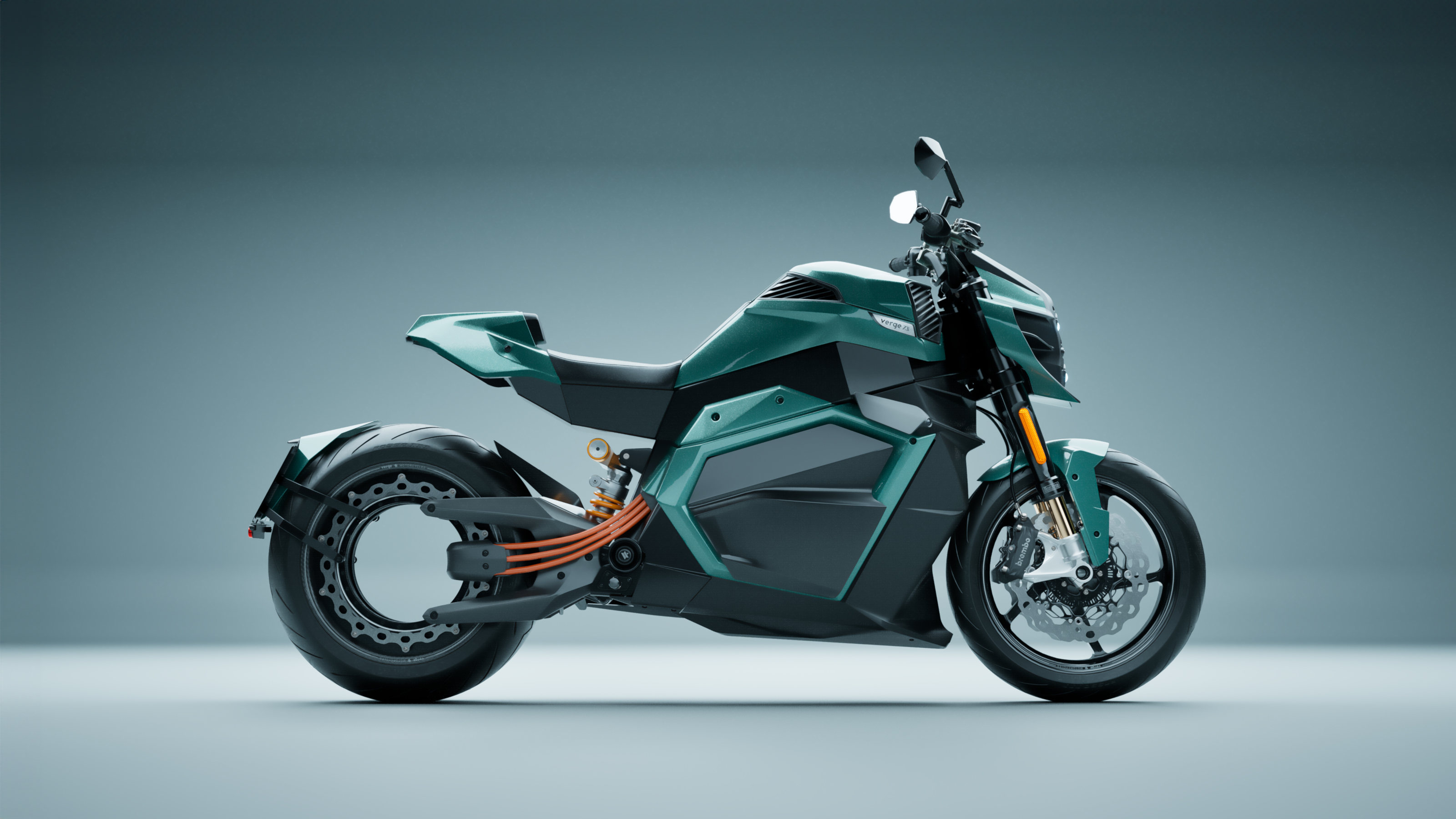
Is almost everything about the motorcycle industry ripe for reinvention? That’s certainly the contention of Verge Motorcycles, the Estonia-based EV start-up which opened its first stores in London and California earlier this summer. Its three founders are all ex tech industries and, according to one of them, CTO Mark Lehtimaki, they follow the notion said to have been proposed by Steve Jobs when hiring people to develop the iPhone: his one condition was that none of them could have worked on a phone before.
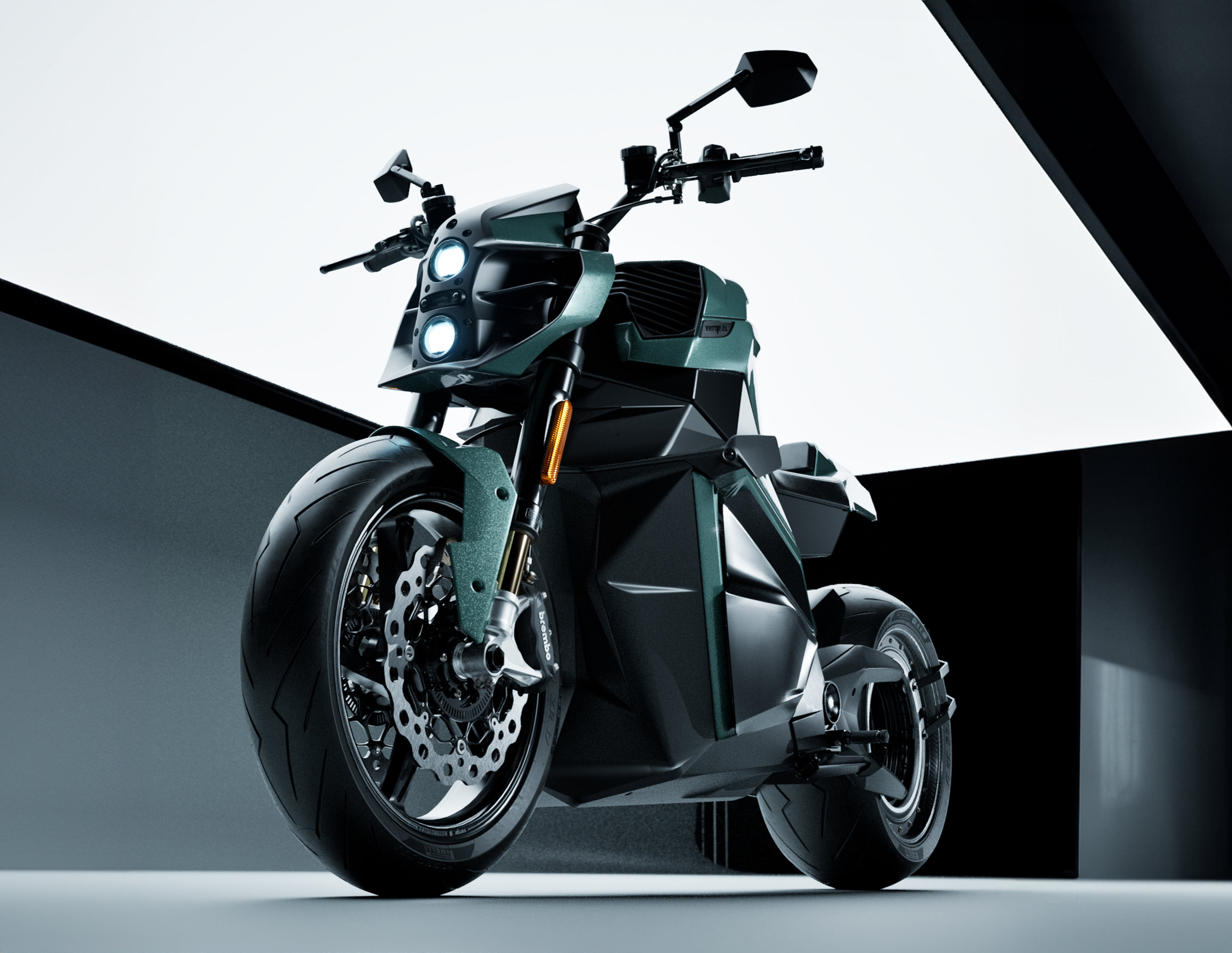
‘It’s absolutely been important that none of us came to motorcycles with preconceived ideas too,’ says Lehtimaki, an entrepreneur behind some 15 software company start-ups. ‘The motorcycle industry is stuck on defending the status quo. Perhaps that’s why everybody said we were crazy to do what we did.’
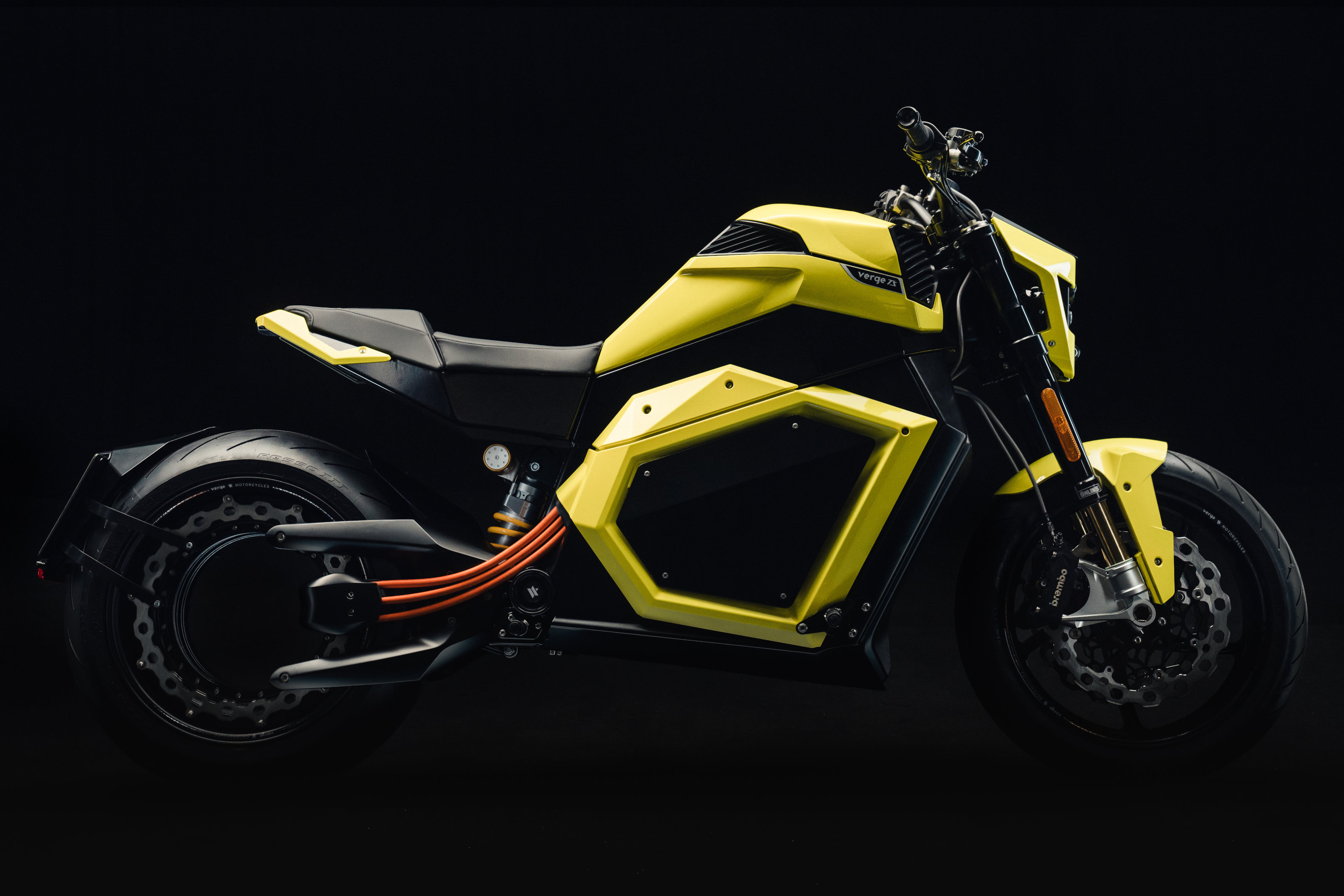
What they have done has been to trial almost every EV motorcycle on the market and conclude that - in Verge’s opinion - their poor handling is due to having to mount the battery above the motor, limiting range and making the motorcycle top-heavy. To allow for a bigger battery, then used to give the motorcycle a lower centre of gravity, Verge’s solution for its TS Pro and TS Ultra models has been to build the motor directly into a modular unit that forms the rear wheel.
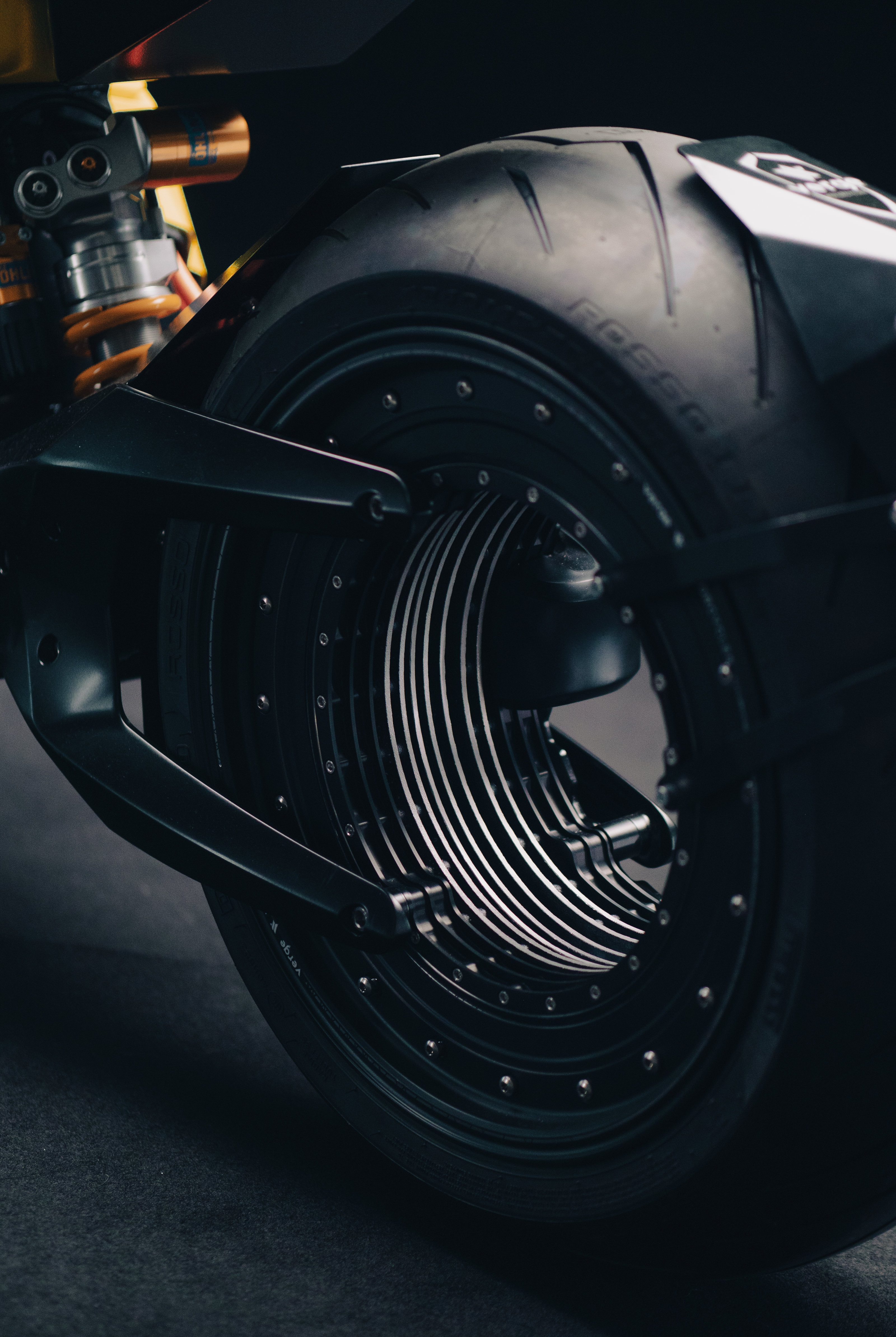
Following the safety systems commonplace in modern cars, Verge has also given its TS Ultra six cameras and high-resolution front and rear radars, monitored by a proprietary software platform. ‘When, for obvious reasons, safety matters so much on a motorcycle, it’s just ludicrous that the industry hasn’t made it its number one priority,’ says Lehtimaki. ‘It’s really the Wild West out there when it comes to rider safety at the moment, but I’d hope this might push the industry towards change.’
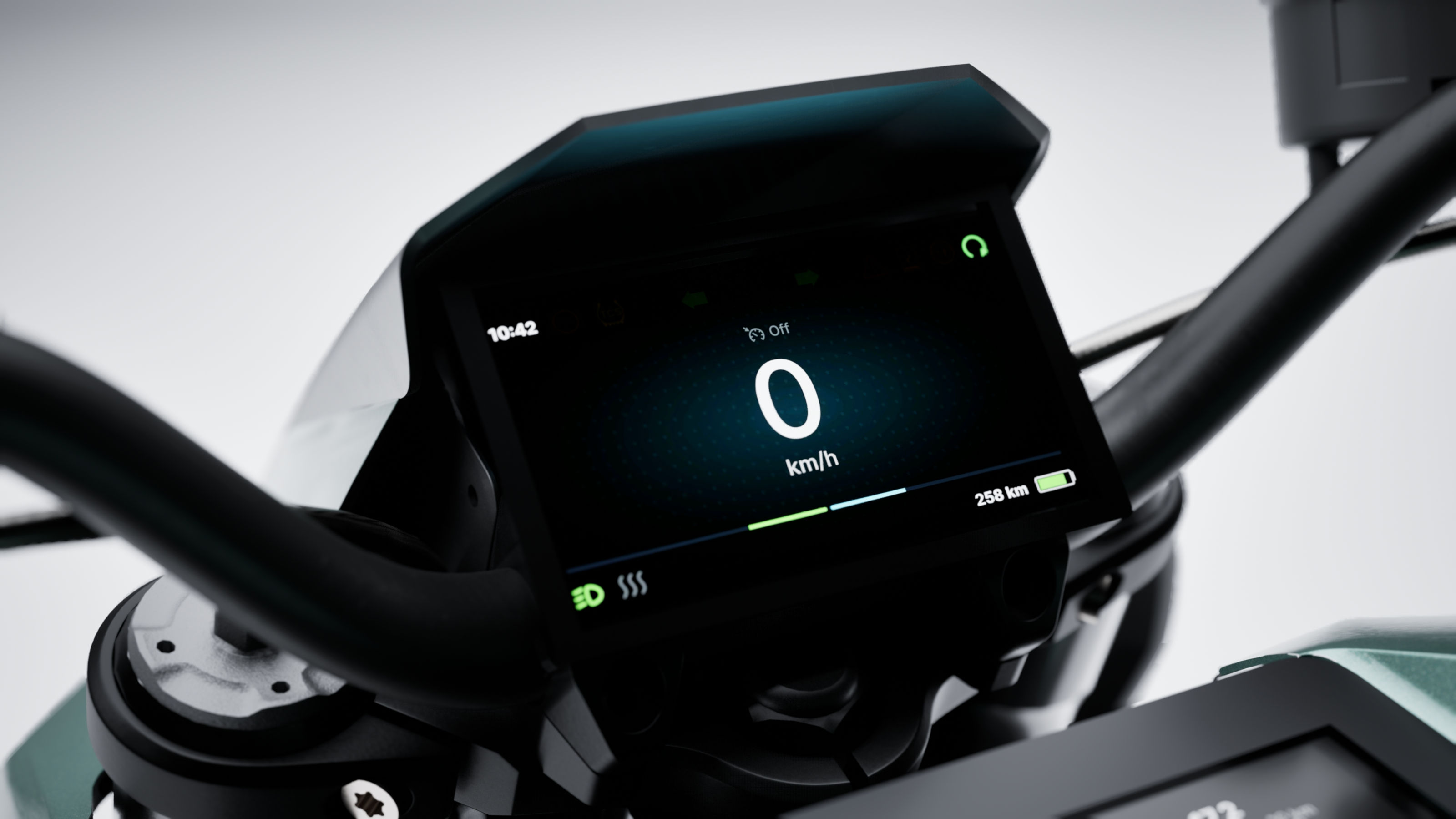
Apple has also proven inspirational towards this end, with Verge making the pioneering move - at least for the motorcycle industry - of being vertically integrated. Verge designs and makes its motorcycles almost entirely in-house, batteries included, with the exception of brakes and suspension, for which it found acceptable market parts. ‘Take any off-the-shelf general-purpose component and it’s never going to reach maximum potential for any one purpose,’ Lehtimaki argues. ‘Vertical integration tends to make for the best products.’
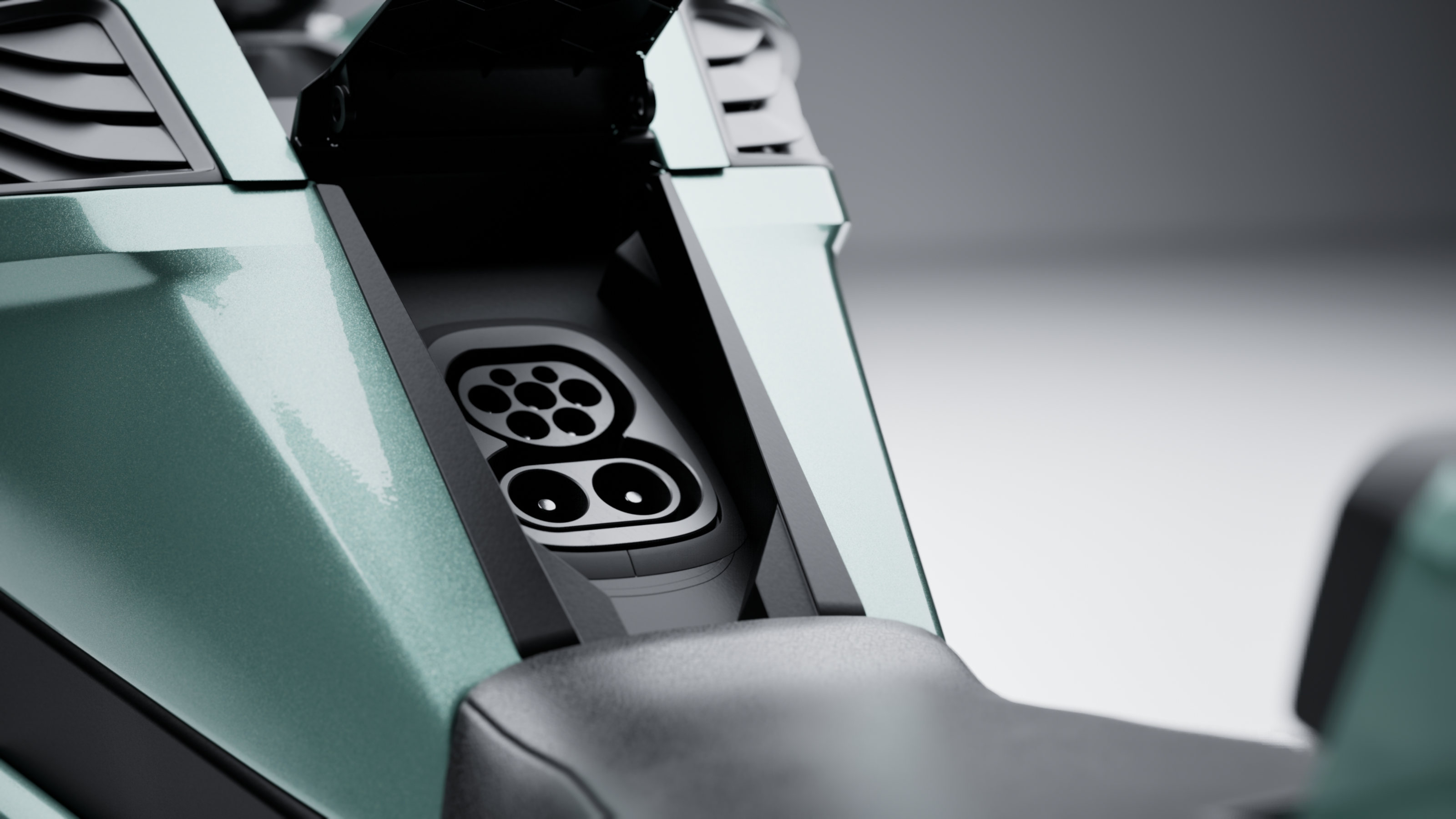
Small wonder then that Verge has already been dubbed ‘the Apple of motorcycles’. Indeed, Verge intends that its EV motorcycle design will democratise motorcycle riding in the same way, Lehtimaki suggests, that Apple’s products - user-friendly, self-contained, glossy - have done for personal computing. Limited editions, like the Verge TS Pro California Edition have been created as a nod to biking's heritage, but Verge isn't pandering to every facet of old school bike culture.
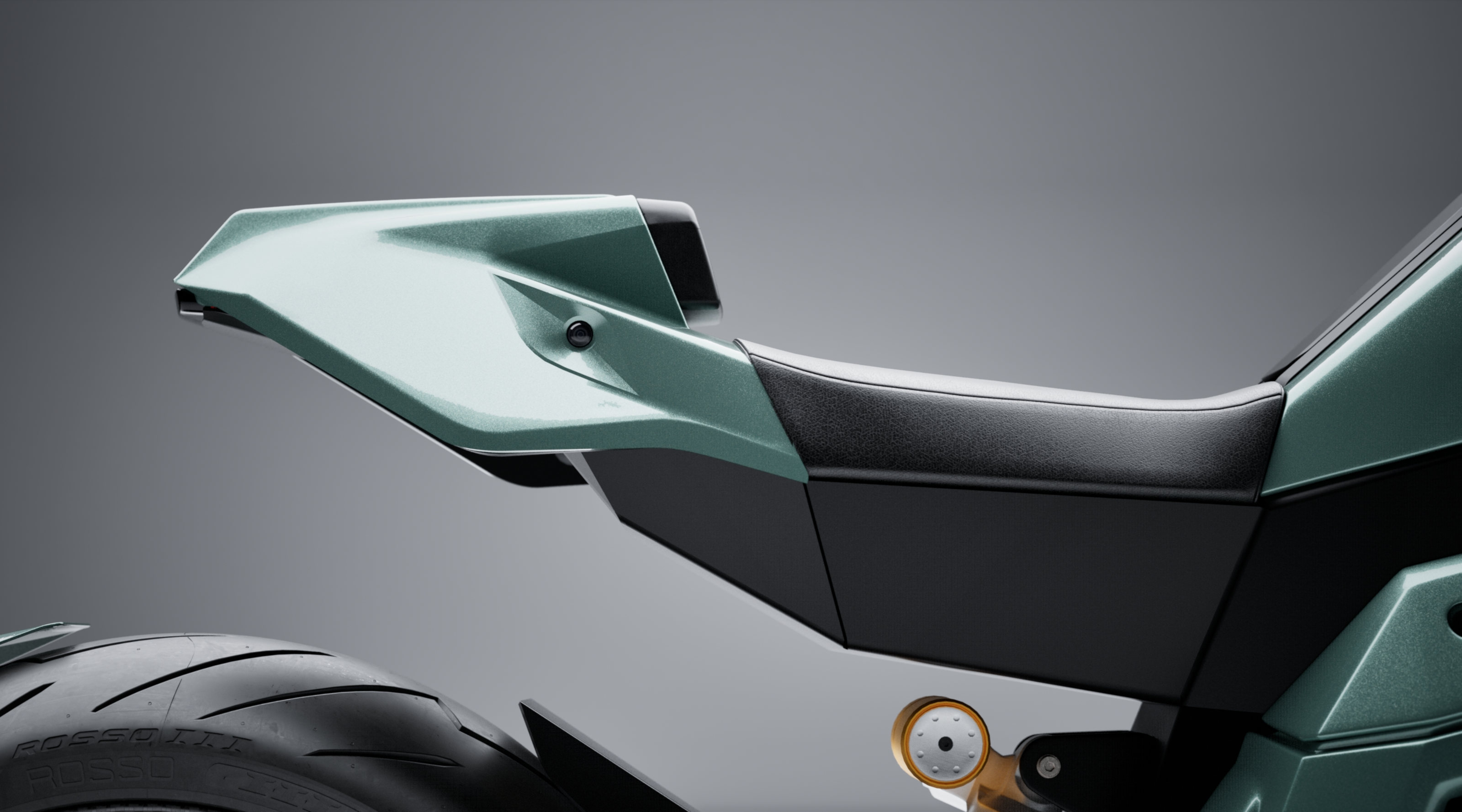
Much as those nerdy types who like to fine tune their operating systems are a minority, so, he argues, it’s a misunderstanding of the motorcycle industry to assume that ‘motorcycles are only loved by people who like all the greasy hands, the tinkering and the necessary maintenance. There’s a whole market out there which likes the idea of the motorcycle but doesn’t want any of that.’
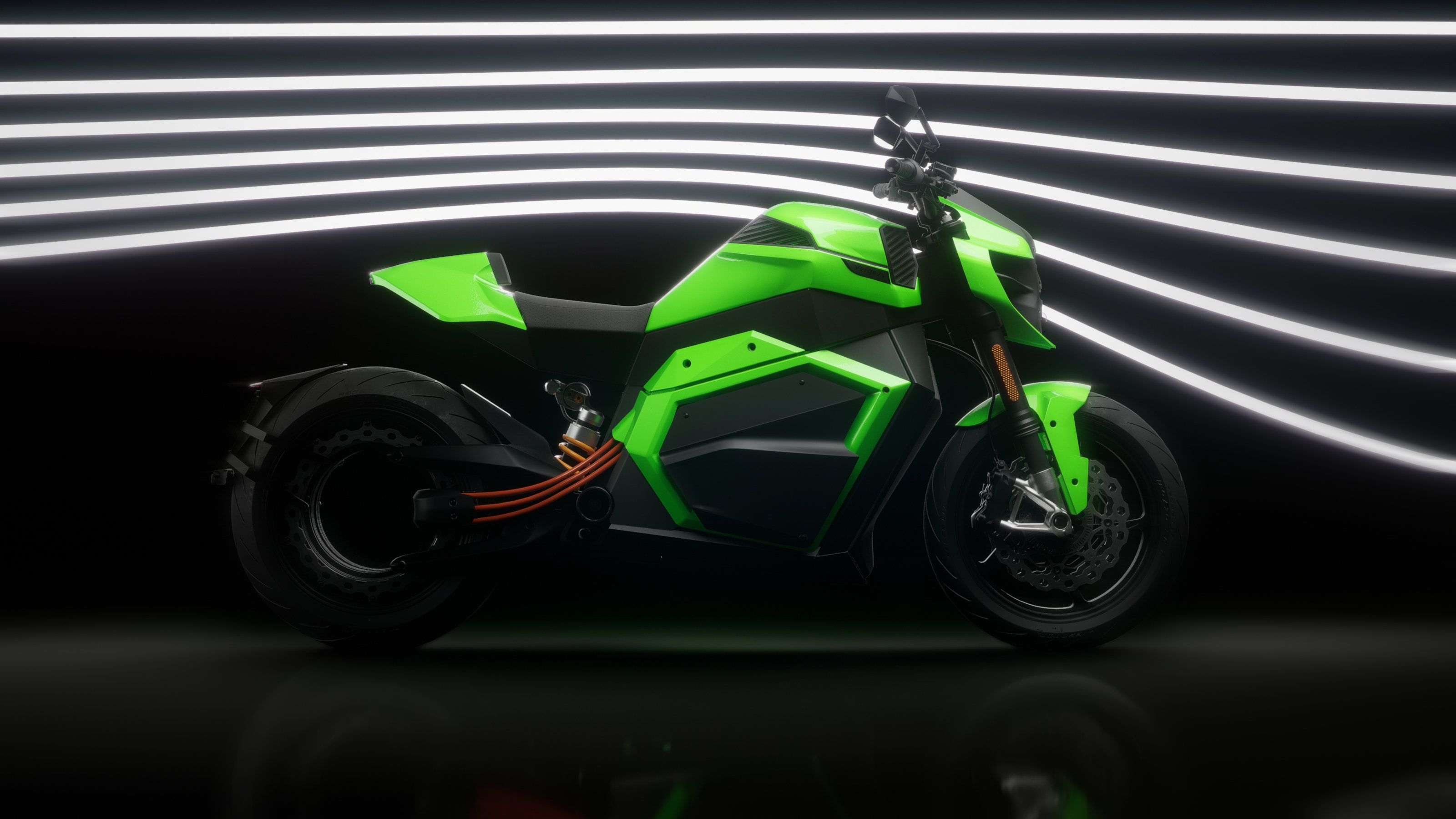
Lehtimaki offers the fact that some 30% of those who have applied for test-rides of Verge motorcycles to date don’t yet have a motorcycle license. It’s also significant that sales enquiries in Silicon Valley are 10 times what the company expected.
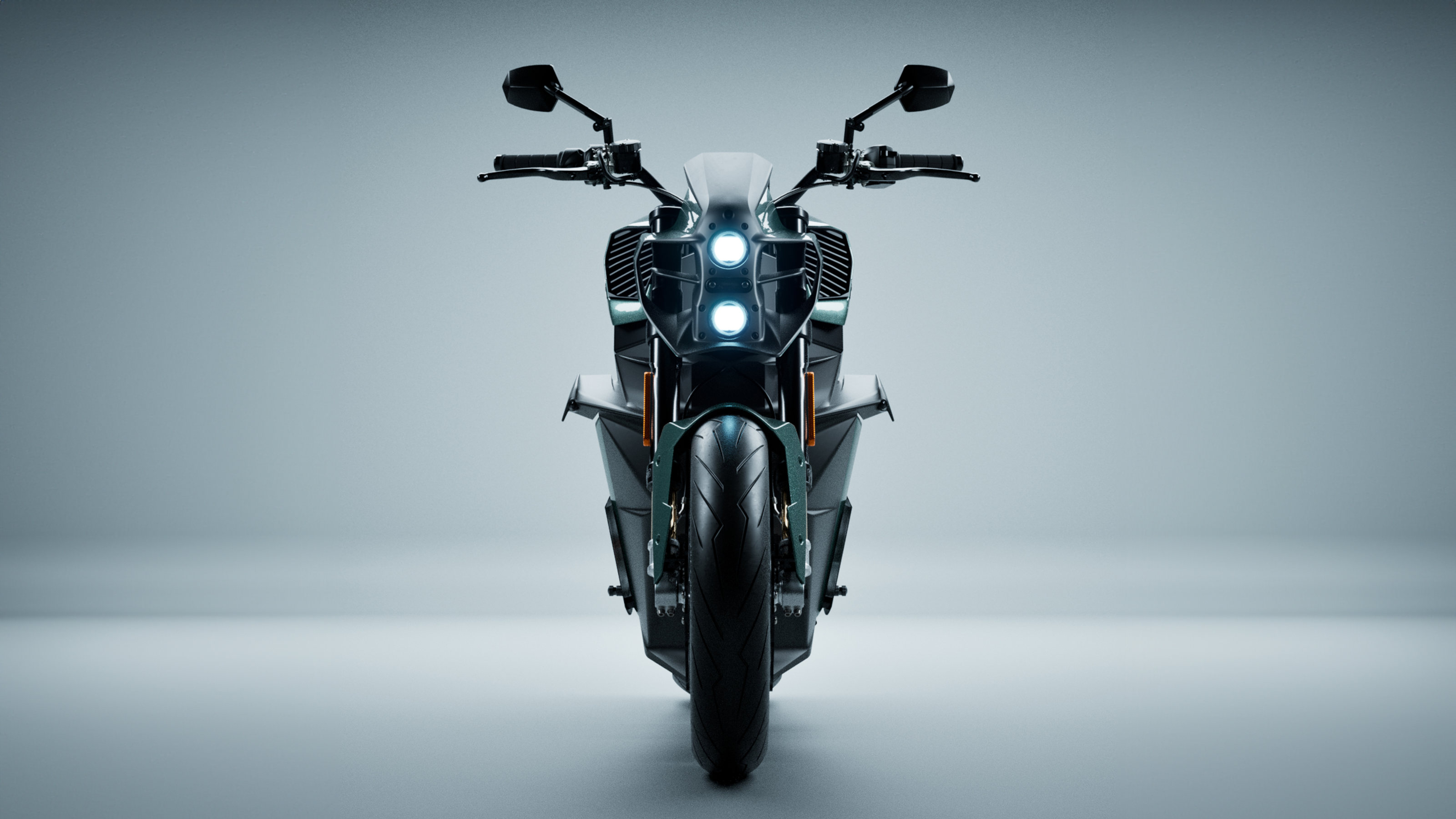
Next up? With a tourer and other kinds of motorcycle in the pipeline, Verge is now also working on re-thinking motorcycle helmets and clothing. It reckons it can use nano-tech materials to make biker jackets that offer just as much armour as current styles, but are breathable, lightweight and stylish.
Verge Motorcycles, @VergeMotorcyles.com, @VergeMotorcycles








